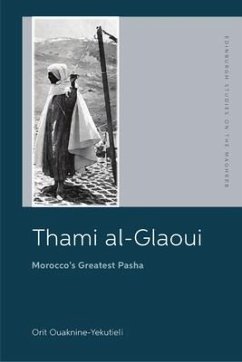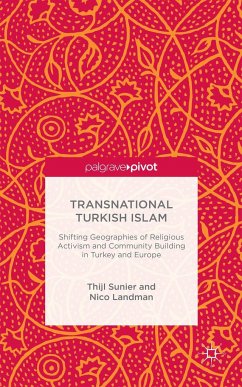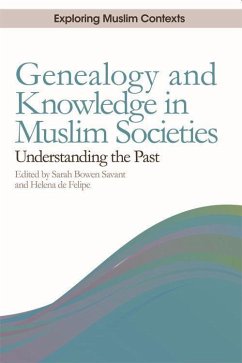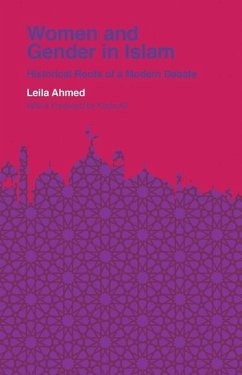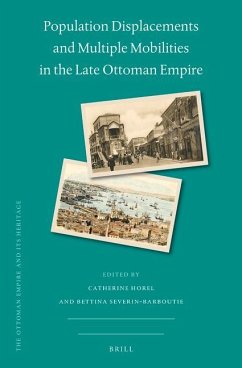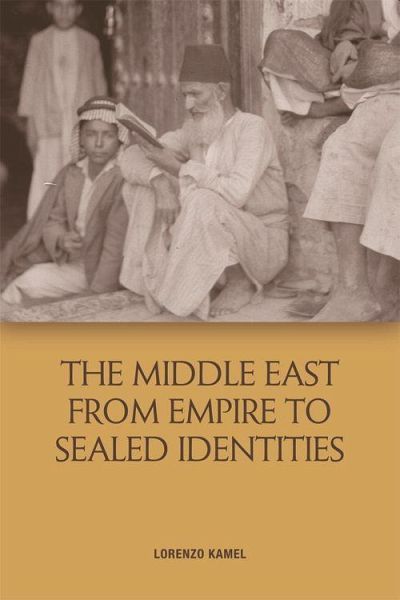
The Middle East from Empire to Sealed Identities
Versandkostenfrei!
Versandfertig in über 4 Wochen
122,99 €
inkl. MwSt.

PAYBACK Punkte
61 °P sammeln!
'Combines meticulous archival research in multiple languages with careful analysis of broader trends to map the transition from empire to homogenized nation-states. This ability to document with rich detail and at the same time be able to present the larger picture with great clarity is rare. The author pulls off the feat with great erudition.' Professor Beth Baron, CUNY 'In this engaging revisionary study, Lorenzo Kamel shows how modern Western-ist intellectual prejudices have distorted our understanding of identity and conflict in the modern Middle East.' Professor Brian A. Catlos, Universit...
'Combines meticulous archival research in multiple languages with careful analysis of broader trends to map the transition from empire to homogenized nation-states. This ability to document with rich detail and at the same time be able to present the larger picture with great clarity is rare. The author pulls off the feat with great erudition.' Professor Beth Baron, CUNY 'In this engaging revisionary study, Lorenzo Kamel shows how modern Western-ist intellectual prejudices have distorted our understanding of identity and conflict in the modern Middle East.' Professor Brian A. Catlos, University of Colorado Boulder 'Lorenzo Kamel is a dedicated and meticulous scholar... His archival research, informed by exemplary linguistic skills, has, without question, created new understandings of the complex dynamics shaping our inquiry into modern European empires, and the history of the Middle East in the 19th and 20th centuries.' Professor Sara Roy, Harvard University This compelling analysis of the modern Middle East - based on research in 19 archives and numerous languages - shows the transition from an internal history characterised by local realities that were plural and multidimensional, and where identities were flexible and hybrid, to a simplified history largely imagined and imposed by external actors. This version of history is distinguished by the politicisation of these identities with the aim of better grasping and, ultimately, controlling them. The author shows - mainly through a study of key moments, including the germs of competing ethno-religious visions in the 1830s, the Ottoman Tanzimat, the introduction of the Millet system, the Balfour Declaration, post-World War One treaties, and the creation of borders - how the once heterogeneous identities of Middle Eastern peoples were sealed into a standardised and uniform version that persists to this day. Lorenzo Kamel teaches History of Colonial and Post-Colonial Spaces at the University of Bologna and is Senior Fellow at the Istituto Affari Internazionali (IAI). He has authored five books on the Middle East, including Imperial Perceptions of Palestine: British Influence and Power in Late Ottoman Times (2015).




